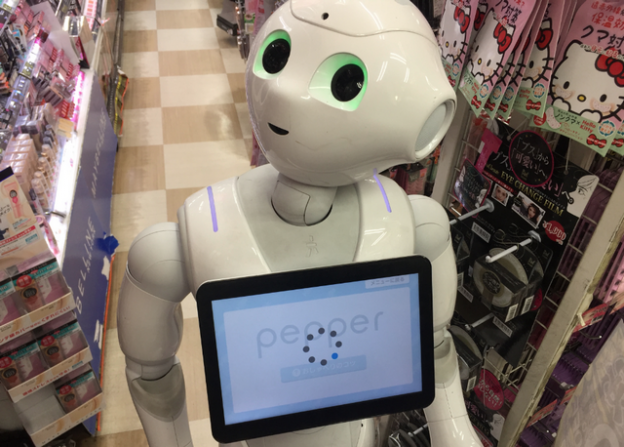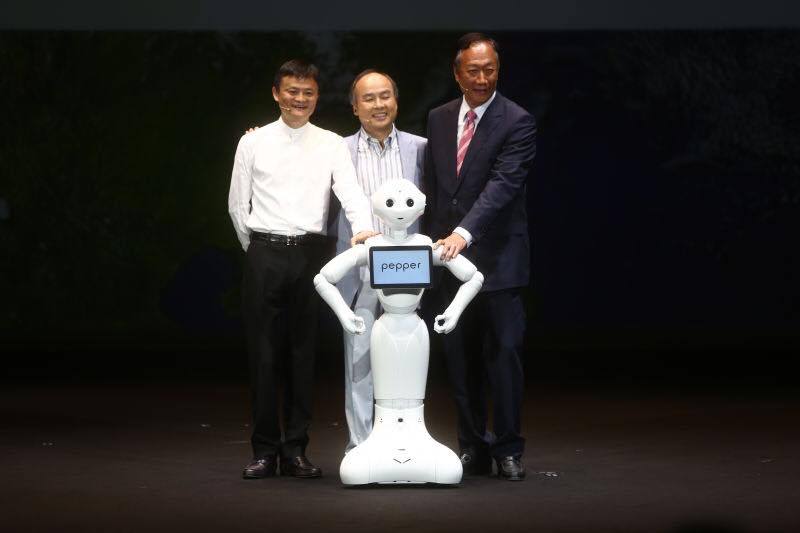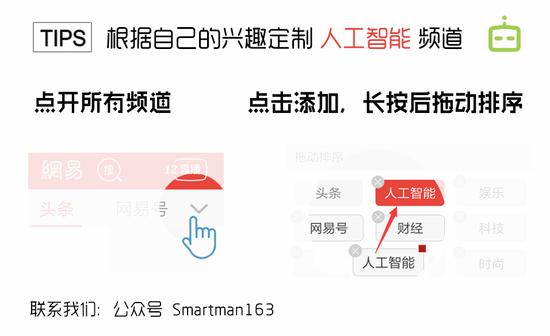(Original title: This robot with three giants back to back has sustained losses of $274 million in debt)
With 1,000 units per month, it was robbed in less than one minute. Ma Yun, Sun Zhengyi, and Guo Taiming, the three richest people in their platforms, were once well-known for Pepper.
However, according to Nikkei News, Soft Bank Robotics Holdings Corp (SBRH), which is part of the Softbank Group's development and sales in Japan, was insolvent at the end of March 2017. What happened to Pepper, who just had his third birthday?

Pepper is too cheap? Softbank subsidiary is insolvent
According to the contents of the securities report submitted by the Softbank Group to the Kanto Finance Bureau, as of March of the fiscal year, the liabilities of SoftBank Robotics, which is responsible for R&D sales, have exceeded the amount of assets of up to 31.4 billion yen, or approximately US$274 million.
Although it did not publish its results, according to Tokyo Shoko Research, the company’s revenue for fiscal year 2015 was 2.2 billion yen, net loss was 11.7 billion yen, and the loss was higher than the 2.3 billion yen in fiscal 2014. yuan.
Tokyo Shoko Research stated that although SoftBank Robotics did not publish earnings figures, its 2015 fiscal year revenue was 2.2 billion yen, and its net loss was 11.7 billion yen, which was clearly net compared with 2.3 billion yen in fiscal 2014. The loss is even worse.
Japan’s media blamed Pepper for being too cheap for why it would lose money. Pepper's host price is 198,000 yen (approximately RMB 11 800), which is a low price for humanoid robots and a low profit margin. Because sales can hardly offset the burden of R&D, it caused losses for two consecutive fiscal years.
However, this did not stop Softbank’s ambition in the field of artificial intelligence. The company announced last month its agreement to acquire Boston Dynamics, a robot manufacturer owned by Google’s parent company Alphabet. As part of the deal, Softbank will acquire the Japanese bipedal robot company Schaft from Alphabet.
This seems to solve the problem that Pepper's legs are not very good. You need to know that Pepper's hand joints are flexible and can perform a lot of movements, but the lower body is very different, climbing ability is not more than 1.5 centimeters, and the moving speed is 2 kilometers per hour.
With a golden key and backed by three giants
In early 2012, Softbank acquired Aldebaran, a French robot company, and established SBRH, a robot holding subsidiary of the group.
Two years later, Softbank demonstrated the humanoid robot Pepper. In the same year, Pepper, as a free employee, began to “work for work†in electrical stores in Japan.
In June 2015, Alibaba announced that it will invest 14.5 billion yen (about 118 million US dollars, or 800 million yuan) in exchange for a 20% stake in Softbank's Softbank Robotics Holding Company. Similarly, Terry Gou also took the 14.5 billion yen from Foxconn into SBRH. The two companies together accounted for 40% of the SBRH equity, and the remaining 60% was attributed to Softbank.
On the same day, Ma Yun and Gou Ming-Ming came to the scene personally and joined Pei Sun’s Justice for the Pepper platform.

The 1.2-meter-tall humanoid robot, Pepper, has huge eyes like comic characters and can interact with people in natural language. Softbank chairman Sun Masaru called it "the first robot to recognize human emotions," and once caused a sales boom in the Japanese market.
Since June 2015, SBRH has started selling 1,000 Peppers each month, and by the end of the year, 1,000 Peppers sold through Softbank's official website each month have been sold within one minute of being sold. In October of the same year, the Pepper Enterprise Edition began accepting reservations and signed a three-year contract with a company that intends to hire Pepper in the form of a lease: $16,000 for three years (approximately RMB108,000).
According to the data disclosed by Softbank, there are more than 10,000 Pepper robots in the world that have started work, including Singapore Pizza Hut, cruise ships, and Japanese families.
Pepper's trapped, will only sell Meng size is not small
In fact, as early as 1999, Sony had launched a family companion robot dog AIBO with a concept and a Pepper. This robot dog was once very popular in Japan, however, the expensive price of thousands of dollars. It eventually made it a notoriously notional concept product.
Seven years later, Sony had to stop the development and maintenance of this series of robot dogs. Eventually, AIBO sold only 150,000 units worldwide, and its revenue could not even cover its high R&D costs.
It is not difficult to see that most people seem to be less interested in a robot that only sells and fights.
Pepper, as a humanoid robot, can only recognize human speech and facial expressions through a speech recognition system, and uses expressions, actions, and voices to communicate and feedback with humans. That is to say, besides being able to realize dialogues and dancing, there is no other selling point.
It is worth mentioning that natural language interaction and emotional judgment close to the human level is still a big problem for artificial intelligence, which makes Pepper's dialogue function just a fancy and difficult to solve practical problems. When people feel fresh about Pepper, it is more like a big toy than a smart tool.
In addition, for the public, Pepper's size is also an important factor in people's lack of purchasing desire. Although this 1.2-meter robot has a small footprint, it does not occupy a lot of space.
In the commercial service market, service robots ushered in a climax after Pepper came out. Search engine "search service robot", you can get more than a thousand models.
One of the hottest is the restaurant service robot and the front desk robot. Many of them are similar to Pepper's design. They are humanoid robots holding a screen, and they are much cheaper than the Pepper.

Shenzhen Linx Technology Co., Ltd. , https://www.linxheadphone.com